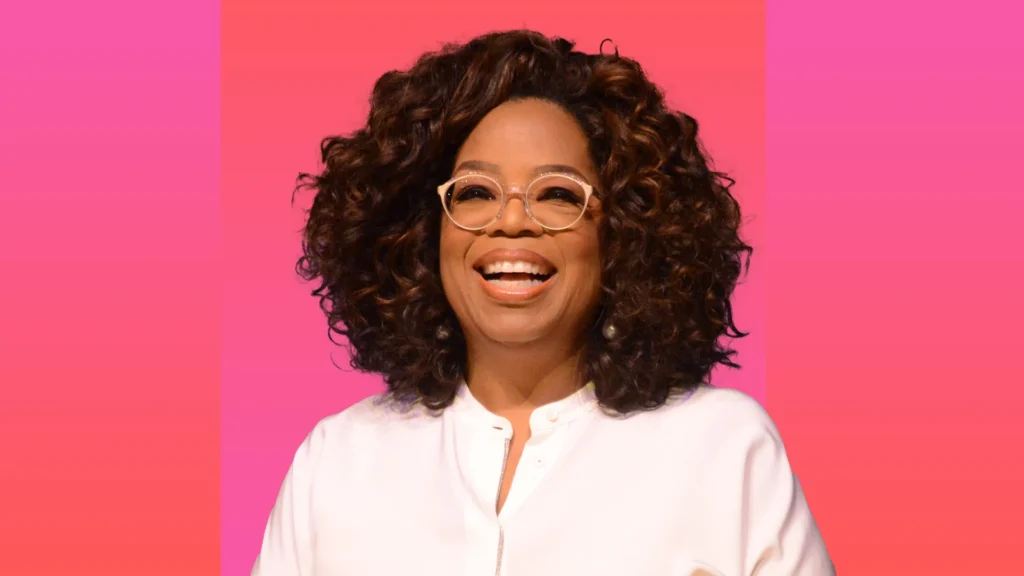The Unstoppable Rise of Oprah Winfrey
Oprah Winfrey is more than just a media mogul—she is a cultural force whose influence spans television, film, publishing, and philanthropy. From her humble beginnings in rural Mississippi to becoming the first Black female billionaire, Oprah Winfrey’s journey is a testament to resilience, vision, and an unshakable belief in the power of storytelling. Her name, Oprah Winfrey, has become synonymous with inspiration, breaking barriers, and transforming lives. Whether through her groundbreaking talk show, her philanthropic efforts, or her media empire, she has left an indelible mark on the world. This article delves deep into her life, uncovering untold stories, monumental achievements, and the legacy that continues to shape generations.
The Making of a Legend
Born on January 29, 1954, in Kosciusko, Mississippi, Oprah Winfrey’s early life was marked by poverty and hardship. Raised by her grandmother, Hattie Mae Lee, in a home with no electricity or running water, young Oprah wore dresses made from potato sacks. Despite these challenges, she found solace in books, reciting Bible verses and performing skits for farm animals—early signs of her future brilliance in communication.
At six, she moved to Milwaukee to live with her mother, Vernita Lee, where she endured years of abuse. A little-known fact is that Oprah once ran away from home and was sent to a juvenile detention center—only to be turned away because all beds were full. This moment became a turning point, as she was sent to live with her strict but supportive father in Nashville. Under his guidance, she flourished academically, winning a full scholarship to Tennessee State University.
Her first media job came at 17 when she became the youngest and first Black female news anchor at WVOL, a local radio station. By 19, she was co-anchoring the evening news at WTVF-TV in Nashville—an unheard-of feat for a Black woman in the 1970s. These early struggles didn’t break her; they forged the resilience that would define her career.

Revolutionizing Daytime Television
In 1984, Oprah took over AM Chicago, a struggling morning talk show. Within months, her raw authenticity and emotional interviews turned it into the highest-rated program in the city. By 1986, it was renamed The Oprah Winfrey Show and syndicated nationally—a move that changed television forever. Unlike other hosts, Oprah didn’t shy away from difficult topics. She openly discussed abuse, addiction, and mental health, making her the most trusted voice in America.
One of the most unforgettable moments was her 1993 interview with Michael Jackson, watched by 90 million people—the most-viewed interview in TV history. Another groundbreaking episode featured Tom Cruise’s infamous couch jump, which became a pop culture phenomenon. But beyond the spectacle, Oprah’s show was a platform for change. Her “Favorite Things” episodes, where she surprised audiences with lavish gifts, became legendary, while her book club turned unknown authors into overnight bestsellers.
Behind the scenes, Oprah faced immense pressure. She once revealed that early in her career, a producer told her she was “too emotional” and “not fit for TV.” Instead of conforming, she leaned into her authenticity—a decision that made her the queen of daytime TV. By the time the show ended in 2011, it had won 47 Daytime Emmy Awards and cemented Oprah’s place in entertainment history.
From TV Star to Media Titan
Oprah didn’t stop at television. In 1986, she founded Harpo Productions (Oprah spelled backward), making her the first Black woman to own a major production company. Under Harpo, she produced acclaimed films like The Color Purple (1985) and Beloved (1998), proving her storytelling prowess extended beyond talk shows.
In 2011, she launched the OWN Network (Oprah Winfrey Network), becoming the first Black woman to own a cable channel. Though it struggled initially, hits like Greenleaf and Queen Sugar turned it into a success. Beyond TV, she became a powerhouse in publishing with O, The Oprah Magazine, and her investments in Weight Watchers (now WW) earned her $400 million—showcasing her business genius.
One lesser-known story is how she negotiated her syndication deal. Instead of taking a flat fee, she demanded ownership of her show—a move that made her millions and set a precedent for future media moguls.

Using Wealth to Change Lives
Oprah’s generosity is as legendary as her career. In 2007, she opened the Oprah Winfrey Leadership Academy for Girls in South Africa, providing education to underprivileged students. She personally interviewed each applicant, ensuring the school reflected her values of excellence and empowerment.
During crises, she’s stepped up in big ways—donating 10millionafterHurricaneKatrinaand10millionafterHurricaneKatrinaand12 million to the Smithsonian’s National Museum of African American History and Culture. Her Super Soul Sunday series has inspired millions with interviews featuring thought leaders like Eckhart Tolle and Brene Brown.
A touching moment came when she surprised an entire audience with cars, shouting, “You get a car! You get a car!”—a gesture that embodied her belief in giving back.
The Undeniable Impact of Oprah Winfrey
From her iconic “aha moments” to her Presidential Medal of Freedom, Oprah’s influence is unmatched. She paved the way for Black women in media, mentored stars like Dr. Phil and Rachael Ray, and remains a symbol of resilience.
Today, she continues to shape culture through partnerships with Apple TV+ and her wellness brand. Her story proves that success isn’t about where you start—it’s about the courage to keep going.
Why Oprah Winfrey Still Matters
Oprah Winfrey’s journey is more than fame—it’s a blueprint for turning adversity into triumph. Her name, Oprah Winfrey, will forever stand for empowerment, authenticity, and the relentless pursuit of greatness.
Go to main page


